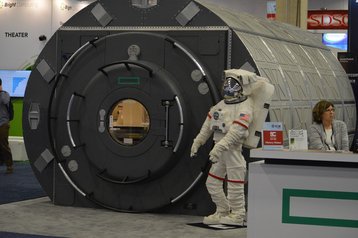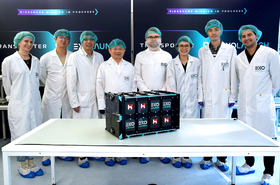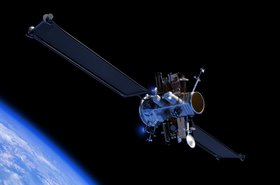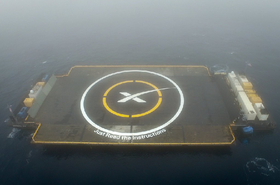A SpaceX Falcon 9 rocket carrying the HPE Spaceborne Computer-2 was successfully launched today, January 30.
The rocket set off from the Space Launch Complex 40 at Cape Canaveral Space Force Station in Florida, ferrying the Cygnus cargo delivery spacecraft to the International Space Station.
Cygnus is carrying more than 8,200 pounds of critical supplies, equipment, and science experiments for astronauts on the station, and is set to dock with the ISS on February 1.
The first HPE Spaceborne system was sent up on August 14, 2017, and came back to Earth on June 4, 2019. It was followed by the Spaceborne Computer-2, which set off for the ISS on February 20, 2021, and returned on January 11, 2023.
This week's launch carries an upgraded version of the Spaceborne Computer-2, which is still based on HPE Edgeline and ProLiant servers, but adds 130TB of flash-based storage from Kioxia. This includes four Kioxia 960GB RM Series Value SAS, eight 1,024GB XG Series NVMe, and four 30.72TB PM6 Enterprise SAS SSDs.
The HPE Spaceborne Computer-2 is set to run a federated learning experiment that will independently train machine learning models and inference engines originally created in the cloud.
Cloud service providers will collaborate on the experiment, to contribute to both machine learning training models used on Earth and maintain an up-to-date AI inference engine in space.
The public will be able to submit proposals to perform experiments on the system here.




